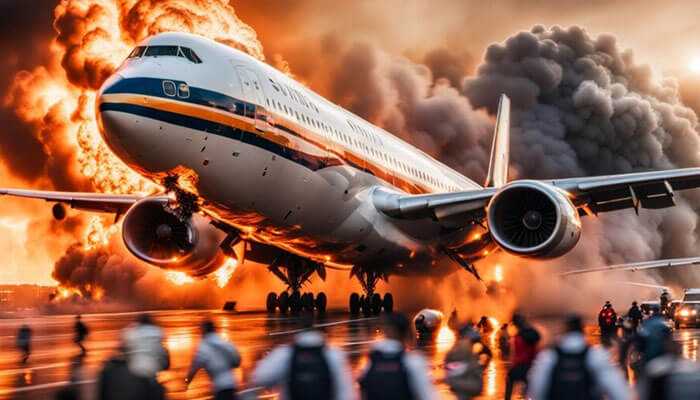Keeping flights safe is a big deal for airlines, regulators, and passengers. Even though technology and safety rules have improved a lot, mistakes made by people still cause many accidents. Here, we’ll talk about how human factors play a big role in minimizing aviation accidents. Let’s get in!
Crew Resource Management (CRM)
CRM is all about maintaining effective communication and risk management. Using CRM, everyone works together to avoid misunderstandings by sharing information and respecting each other. CRM training also teaches pilots and crew how to handle problems, deal with stress, and decide what’s most important, especially in tough situations. Also, with the availability of flight status online, CRM enables crew members to stay informed and adapt their plans accordingly, enhancing overall safety performance.
Fatigue Management
Tiredness is a big problem in aviation, and it can make flying risky. Pilots and crew often work long hours, sometimes in different time zones, which messes up their sleep. Being tired can mess with how well they think, react, and make decisions, making mistakes more likely during flights. To manage tiredness better, rules are put in place to limit how long they can work. Airlines also teach their staff about good sleep habits to help them stay alert. The risk of accidents can be reduced by ensuring the crew gets enough rest.
Role of Training and Education
Training and education are super important in aviation safety. Pilots, flight attendants, and ground staff go through tough training to learn everything they need to do their jobs well. These programs cover things like how people work together to make good decisions. By including these human factors in training, aviation can better spot and deal with dangers. They practice talking, solving problems, and making decisions in fake situations, which helps them be ready for the real deal.
Situational Awareness
Situational awareness means understanding everything going on, like weather changes, other planes nearby, or online flight details. This helps them spot any dangers, figure out risks, and make quick decisions during flights. Training programs teach ways to improve awareness, like checking instruments often, watching the surroundings, and keeping a good mental picture of the flight. These tricks help the crew stay sharp and ready to handle any risks.
Error Reporting
Error reporting is super important because it helps find problems, learn from mistakes, and prevent them from happening again. In aviation, there are systems where pilots and crew can report safety issues or close calls without getting in trouble. With these reports, experts can figure out what’s causing the problems and how to make things safer.




